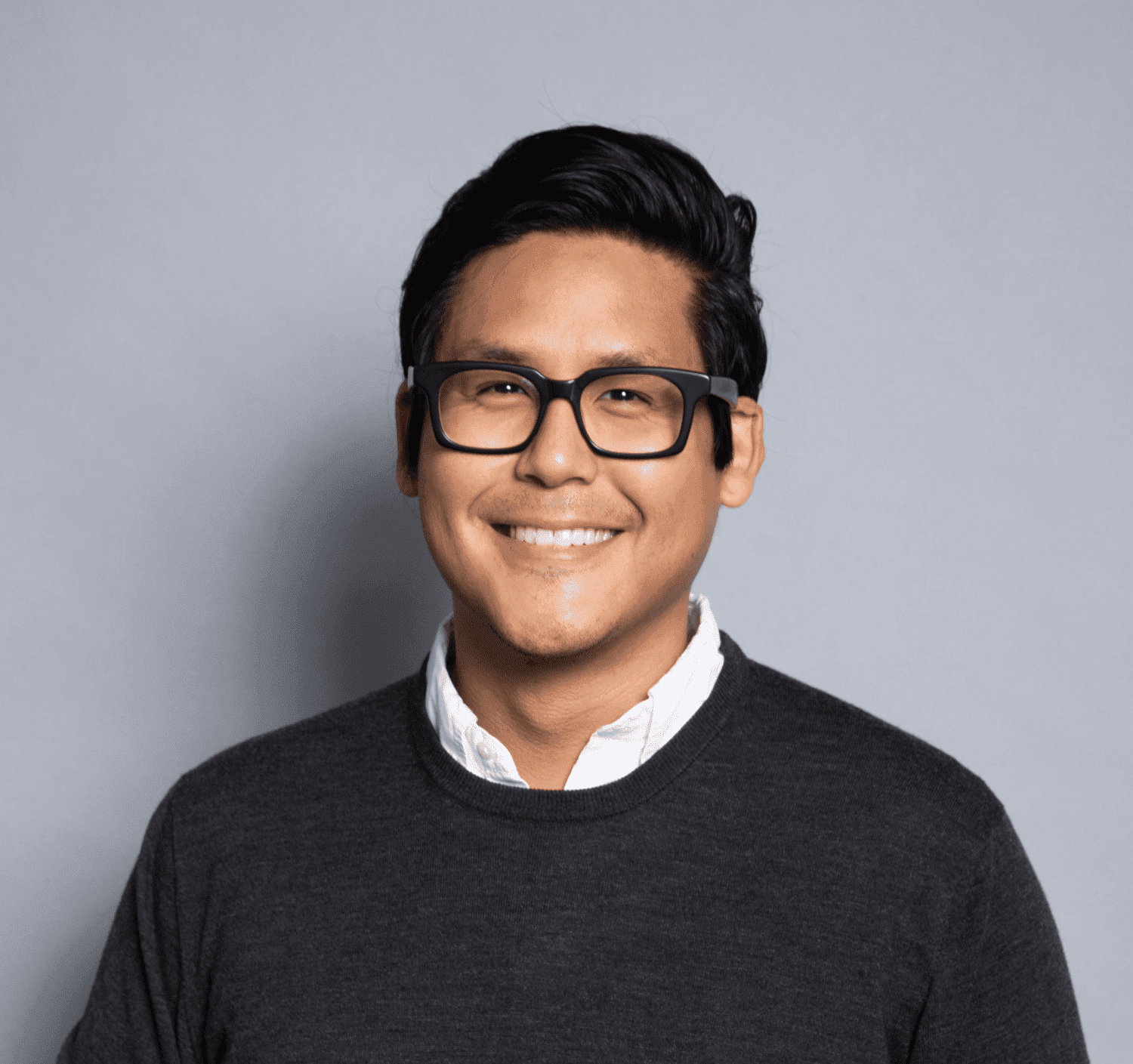By Justin Chapman
Michelson Impact Ventures is a social change fund deploying impact investment capital into early-stage, purpose-driven, for-profit startups.
Jerry Sullivan, former LA Business Journal editor who now runs his own media outlet called SullivanSays SoCal, interviewed Michelson Impact Ventures Managing Director Phillip Kim for “Making an Impact with Michelson Philanthropies,” a podcast series about Michelson’s social impact investments. Listen to the full conversation here, and read a full transcript of the conversation here.
Michelson Philanthropies is an organizational umbrella overseeing various initiatives and programs intended to “make life a little less unfair.” The multi-faceted organization was founded by Dr. Gary Michelson, a surgeon-turned-medical device inventor, and his wife, Alya Michelson, a journalist by training.
Sullivan first asked Kim to walk listeners through the lexicon of investment terms related to socially responsible investing (SRI).
“This is an actively evolving space and there’s still some debate about how these different terms of art relate to each other,” Kim said. “The unifying theme across all those categories comes down to deploying capital with an intentionality of generating a positive social outcome or social impact. Within that, mission-related investments [MRI] is the main subset of SRI where we live. MRIs are investments that generate a reasonable rate of return while aligning to some social mission of the organization. Michelson Impact Ventures is a social change fund deploying impact investment capital into early-stage, purpose-driven, but for-profit startups, and we work in the education technology, healthcare, future-of-work, future-of-food, human-animal bond, and sustainability sectors.”
He added that the specific vehicle that Michelson uses is a subset of MRI called program related investments (PRI), which have additional requirements. They must, for example, further an explicit charitable exempt purpose of an organization and cannot be solely focused on profit. This is where Michelson’s entire 50-company portfolio lives. Another additional requirement is that profits that are realized must be then used in the future for exempt purposes with PRIs. In practice, that means investments are used as direct impact vehicles, but also as a means to power future impact investment work, grant making, or programmatic capacity building.
Sullivan noted that Michelson Impact Ventures has a foot in both the philanthropy and commerce worlds, and asked Kim where they fit in each.
“In the 12 years that I’ve worked with the Michelsons, we realized that there are real limitations to grant-making, and that often in those blind spots a complementary market-oriented, market-driven approach can be extremely effective,” Kim said. “All of our portfolio companies are closely aligned to our programmatic areas of focus. We try to always be catalytic capital—the earliest riskiest capital that’s vital for these companies to survive to that next phase of venture funding and broader impact. We stay with those companies through growth rounds and hopefully an exit.”
Most of the 50 companies in the portfolio went through one of Michelson’s accelerator programs: Michelson Runway in the education and work space and Leap Venture Studio in the healthcare and sustainability space.
“Michelson Impact Ventures is a social change fund deploying impact investment capital into early-stage, purpose-driven, but for-profit startups, and we work in the education technology, healthcare, future-of-work, future-of-food, human-animal bond, and sustainability sectors.”
—Phillip Kim, Managing Director, Michelson Impact Ventures
“We bring in cohorts of founders and provide not just capital but support on everything from product market fit to customer equity, fundraising, branding, and more. This really goes back to the DNA of our founder, who’s a physician but made his fortune as an inventor,” Kim said. “He is still very deeply entrenched in the innovation ecosystem. It’s that spirit and legacy that binds us to these earliest stages. We want to be with innovators at that critical point.”
One of Michelson’s biggest investment success stories is Edquity, which Kim said aligns well with one of Michelson’s programmatic priorities, emergency student aid.
“For many students, particularly lower income students, an unforeseen expense of $300 can mean the difference of dropping out or finishing out a semester,” Kim said. “With Edquity, aid applications can now be finished by a student on their mobile device in seven minutes on average, decisions are turned around within 24 hours, and funds hit the very next day. The process removes stigma and allows for institutions to track the impact of the aid for those particular students.”
Edquity has already deployed nearly $30 million in aid. “We think that Edquity is going to be at the forefront of changing the conversation of how we think about emergency student aid,” Kim said. “This is a perfect exemplar of what we want to surface and uplift in our investments. This is something that can directly impact millions of students. But it has another level of scale factor to it, because it fundamentally transforms the calculus and the nature of the way we talk about it even in a legislative context or in a policy sphere.”
Listen to the full podcast here. To learn more, visit 20mm.org and michelsonventures.com.

